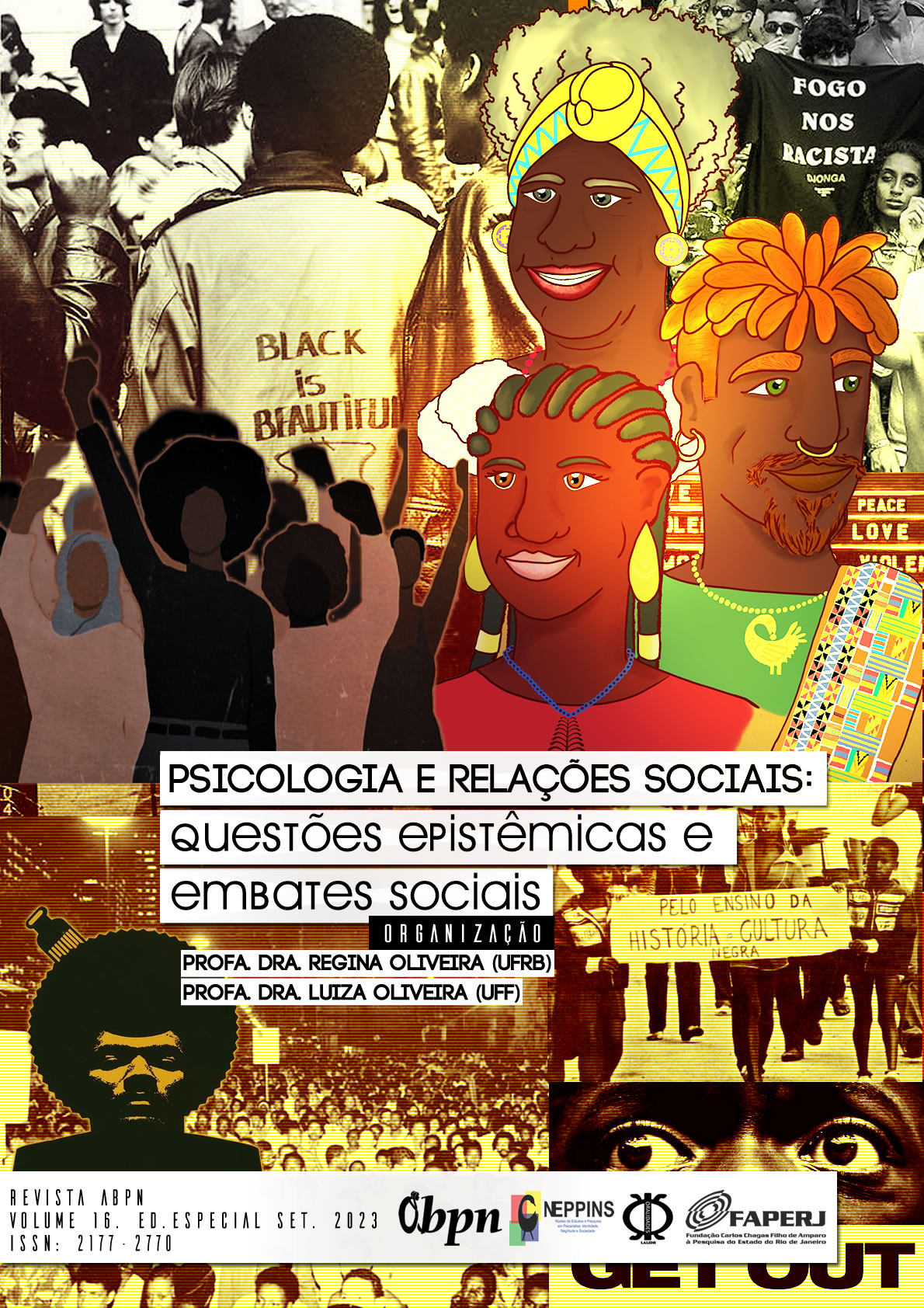Eu sou digna de afeto? A construção da afetividade de bixas-pretas da Educação Infantil às redes sociais
Main Article Content
Abstract
Based on the Post-structuralist Studies of Race, Gender and Sexuality, I discuss in this article, the construction of the affection of bixas-pretas from Kindergarden to social networks, in order to think about the ways the forms of affective neglect are given throughout the life of bixas-pretas. Through the analysis of fragments extracted from posts by Afrodengo LGBTT+, we problematize narratives of virtual socialization about affective experiences and the identity of black gays and bixas-pretas. In this way, it is possible to bet on the idea that not only the construction of a black identity and its valorization has been violated, but also the affective love life of bixas-pretas has been configured in a process of neglect and, in many cases, of hypersexualization. However, on the other hand, it is possible to affirm that there is also a process of (re) existence and reframing of affection and of our inner love.
Article Details

This work is licensed under a Creative Commons Attribution 4.0 International License.
Copyright Statement
- Authors retain copyright and grant the journal the right of first publication, with work simultaneously licensed under the Creative Commons Attribution License CC-BY 4.0 which allows the sharing of the work with acknowledgment of the authorship of the work and initial publication in this journal.
- Authors are authorized to enter into additional contracts separately for non-exclusive distribution of the version of the work published in this journal (eg, publishing in institutional repository or book chapter), with acknowledgment of authorship and initial publication in this journal.
- Authors are allowed and encouraged to post and distribute their work online (eg in institutional repositories or on their personal page) at any point before or during the editorial process, as this may lead to productive changes as well as increase impact and citation of published work (See The Effect of Free Access).

